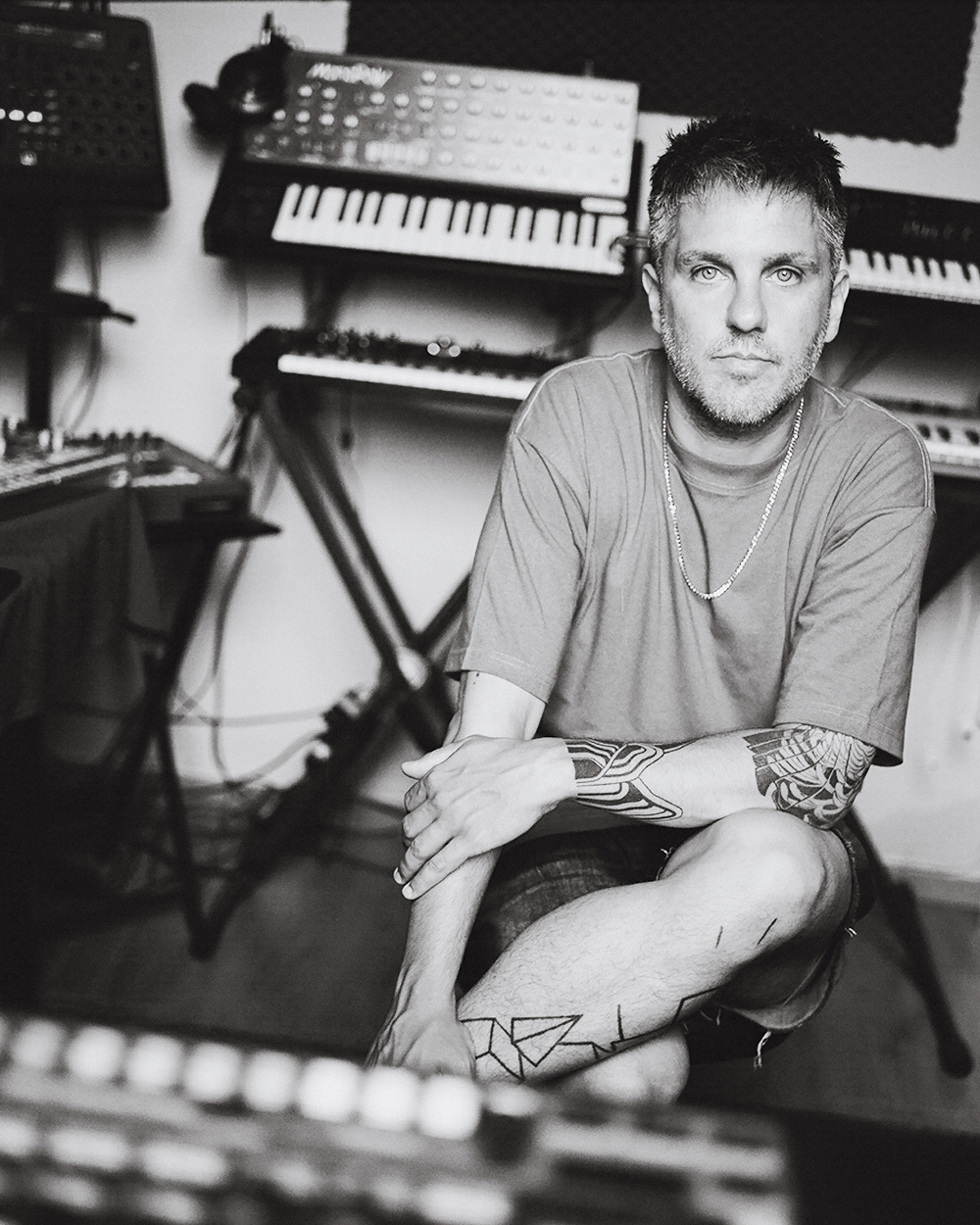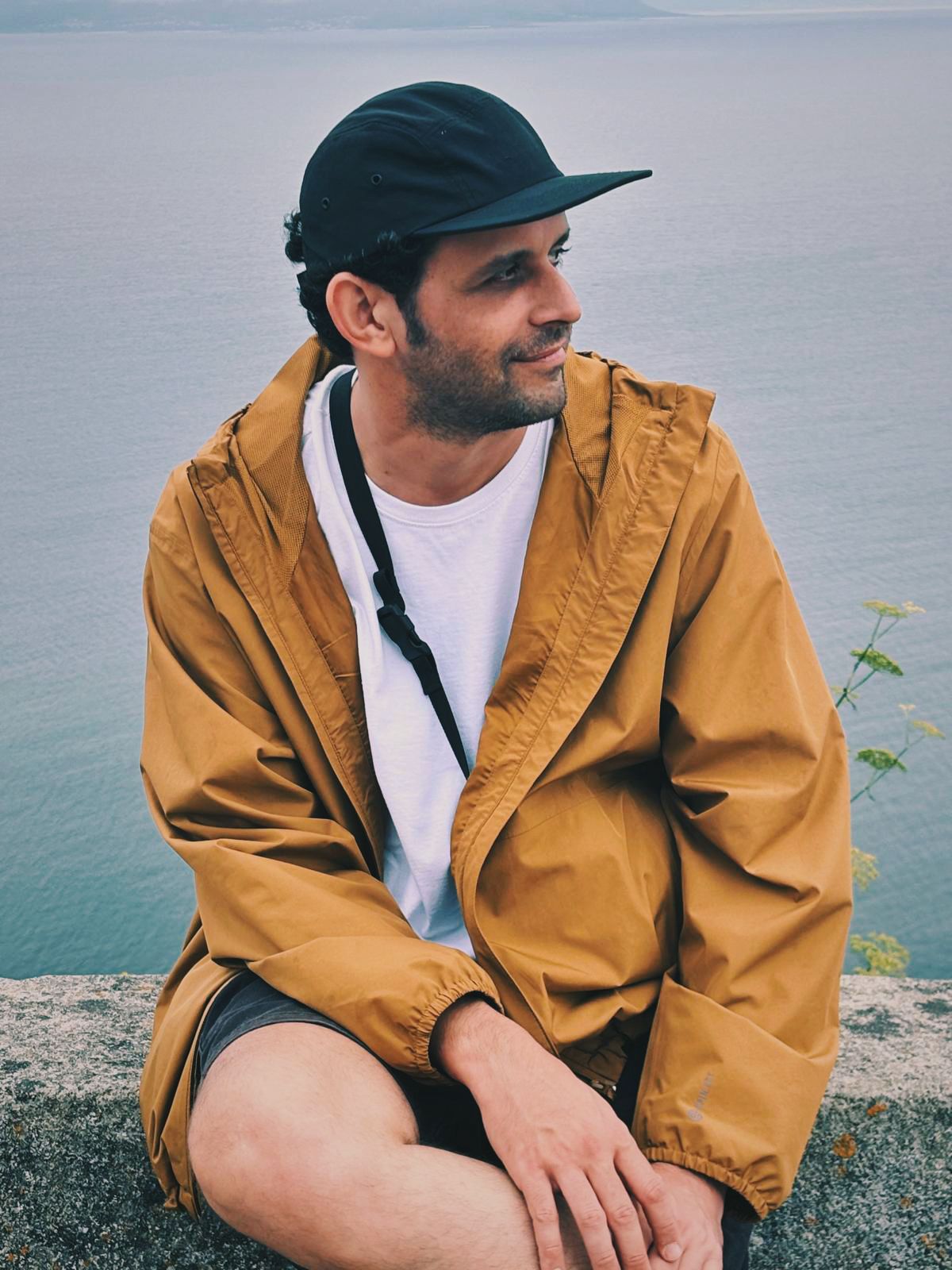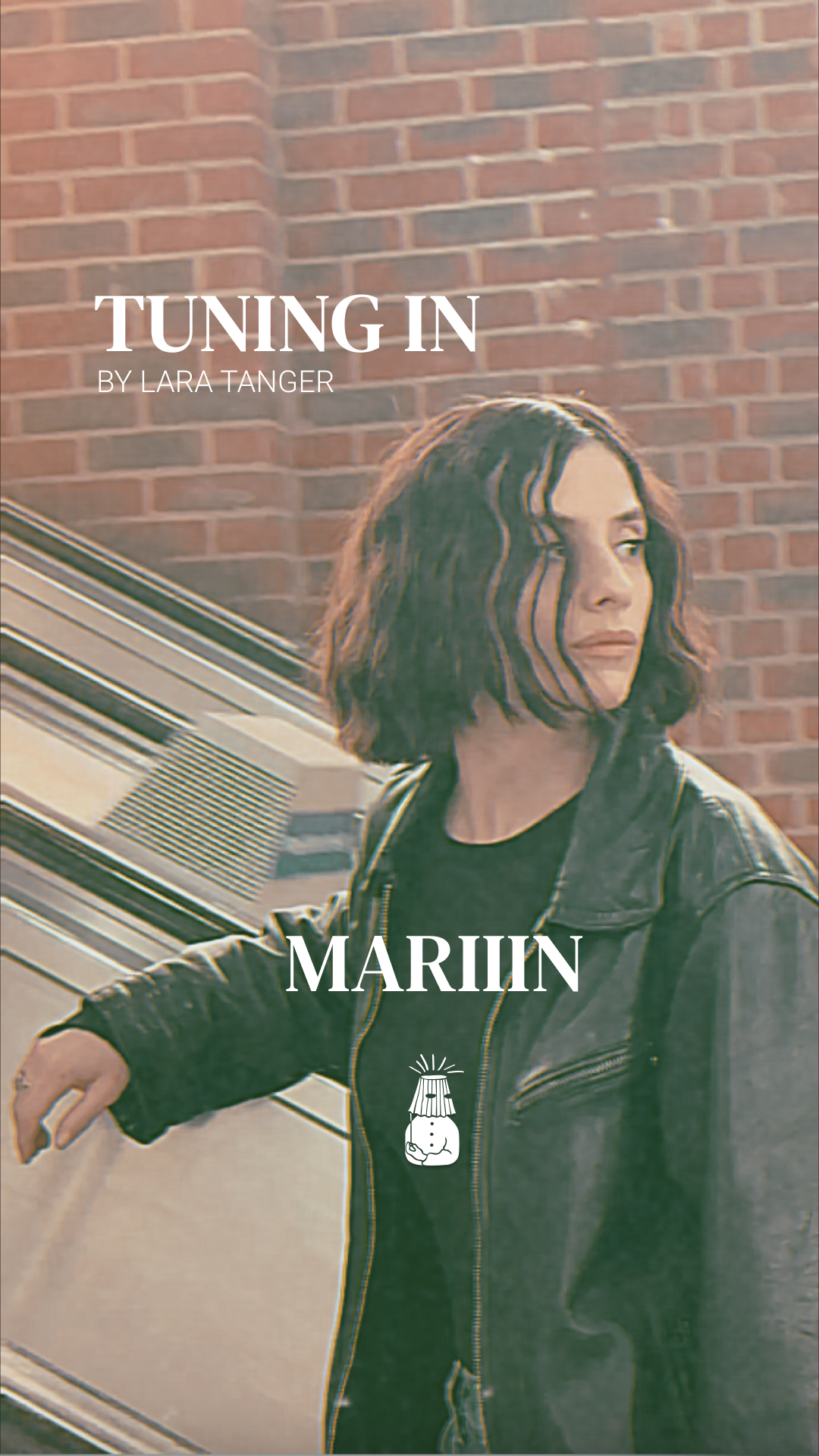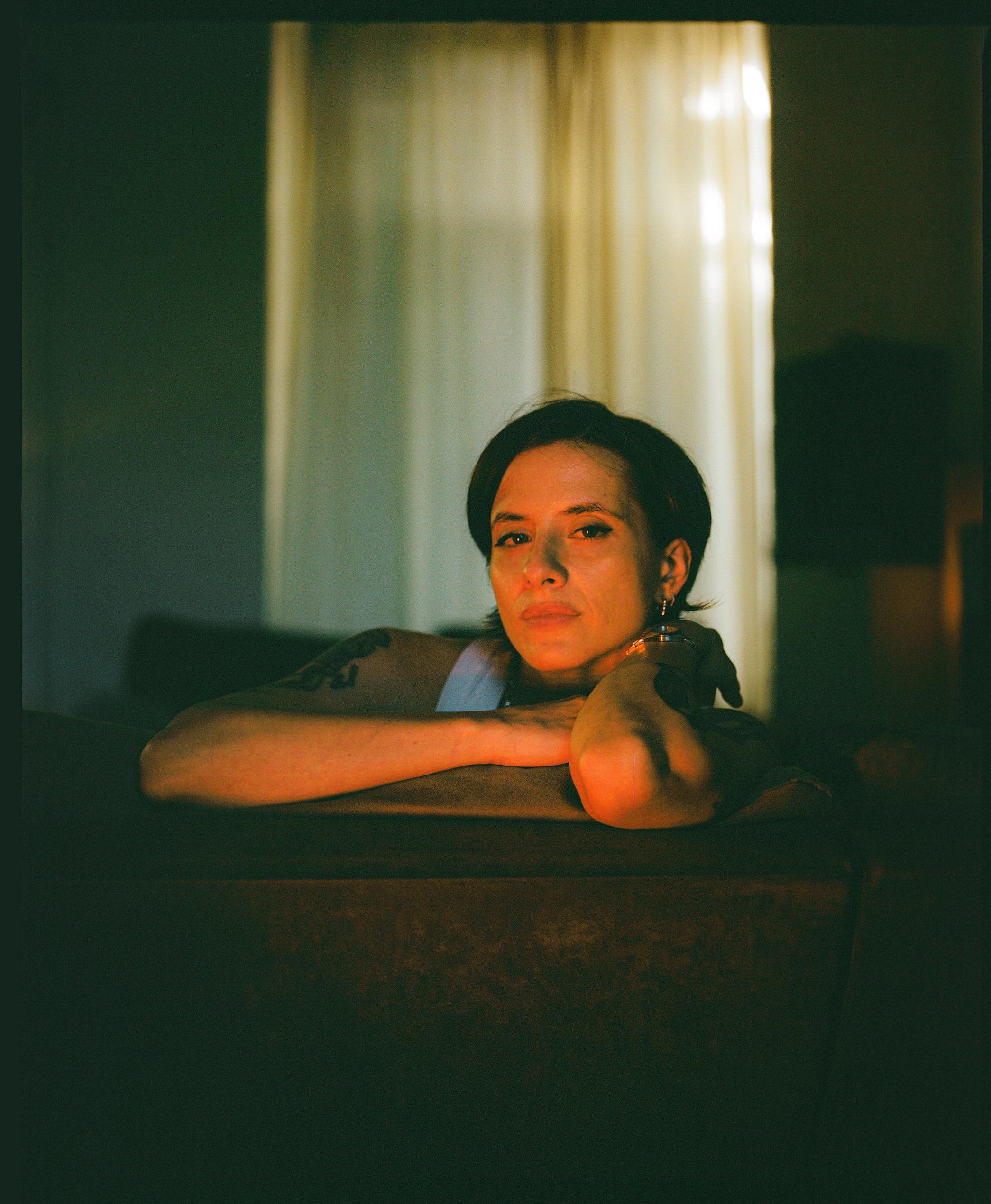In a recent chat, we were lucky enough to dive into Hicham's music world and shine a light on his unique journey. We talked about how he picks and presents his tunes, from how he chooses them to how he builds his sets. It feels like discovering the different layers of an artist's process—Hicham's motivations, the music he's into, and the deep connections he aims to make through his sets. Join us in this exploration of Hicham's musical journey.
Where do you typically find the majority of your music, and what are your go-to sources for discovering new records?
I mostly find my music on the internet world since I was a teenager, as I used to live in a pretty isolated area, far from big cities and record shops.
I built up my own methodology over the years, and I'm happy with it. But it might be quite boring to explain, as it's mainly about databases, organisation, categorization, and patience.
I’d love to visit more record shops and collections in the near future, but I’m looking for very specific places.
Whether you're digging physically or online, how do you go about sifting through records to decide what to listen to?
It’s difficult to say; either you feel a concept behind the record (attractive cover, original track titles, etc.) or there is absolutely no clue. That’s why you need to check everything as much as possible.
Basically, there are no rules. When someone asks for advice, I just reply, "If you go to any record shop, listen to everything. If you want to dig on the internet, take a year and check everything from A to Z."
What specific qualities or characteristics in the music are you searching for when you're out digging for records?
I'm looking for analogue and synthetic electronic dance music. I like it when the music is clear, powerful, positive, and full of textures and colours. The records I play contain a lot of melodies, variations, and vocals. I want to find music that speaks to my soul; I want to feel different both physically and mentally when I listen to a track. However, I am very open-minded, and I love all styles. I believe it's possible to find gems everywhere, as I am quite eclectic, and I never get bored.
Do you have any particular motivations, such as a desire to play unique, lesser-known tracks, that influence your selection process?
I mostly play for the beauty of electronic dance music. My approach is to tell stories with the music I find. I'm heavily influenced by the Seventh Art, as I'm also a kind of movie digger. I try to make my sets very visual. It's hard to explain, but I see colours and shapes when I play music. Playing rare music is not intentional; I just want to play the music I love. Experience has shown me that the most original music is often quite rare. I frequently play tracks from artists who only released one or two records in their life. It makes sense in the end: less quantity equals more inspiration and creativity. However, please don't take what I'm saying as a rule to follow. Play only the music you love sincerely. One of the things that annoys me the most is when people play tracks only because they're rare or because some people tell them rarity is a must. I call that snobbism, and you can easily see they don't understand what they're doing. The worst things are also rare, you know.
How do you keep the momentum going in your DJ sets, and what's your approach to structuring them?
I like to play long sets so I can take my time, and it's easier to create a connection with the people. In my opinion, there is a bit of seduction between a DJ, the music they play, and the dancers at the beginning. First, you need to capture the audience and show that your music can be trusted, then slowly start to create tension.
How do you keep the momentum on the dance floor? You need to observe how the dancers react and behave, building up a flow and surprising them with the music. It's much more exciting when you can't predict which track will follow the previous one. The energy comes from the excitement and continuous surprises.
In general, I structure my sets as little scenes in a big story. As I like to blend many styles together, I might play 4-5 tracks of one style and then switch it up. Most of the time, there is a beginning, middle, and end. It's like taking a journey through a forest, then a river, hopping on a boat, and finally reaching the sea, creating a cohesive narrative.
It's important for me to maintain consistency between the styles, like a colour gradient, to avoid it being too abrupt and not easily understood.
What gives you a sense of accomplishment after playing a set?
The most important and basic thing is the connection with the people; otherwise, DJing wouldn't make any sense to me. I've always questioned the meaning of playing music, and my conclusion is that I don’t play for myself but for the people in front of me. I want to share my passion with them, and I generally do my best when I reach that feeling. However, this alone isn't enough for a sense of accomplishment; I also need to be content with my set. That requires a certain technical consistency and satisfaction with the mixing, but I'm very strict on that point, so it doesn't happen often. I still have a lot to learn and understand, so I hope to continue improving in the coming years.
Follow Hicham


















